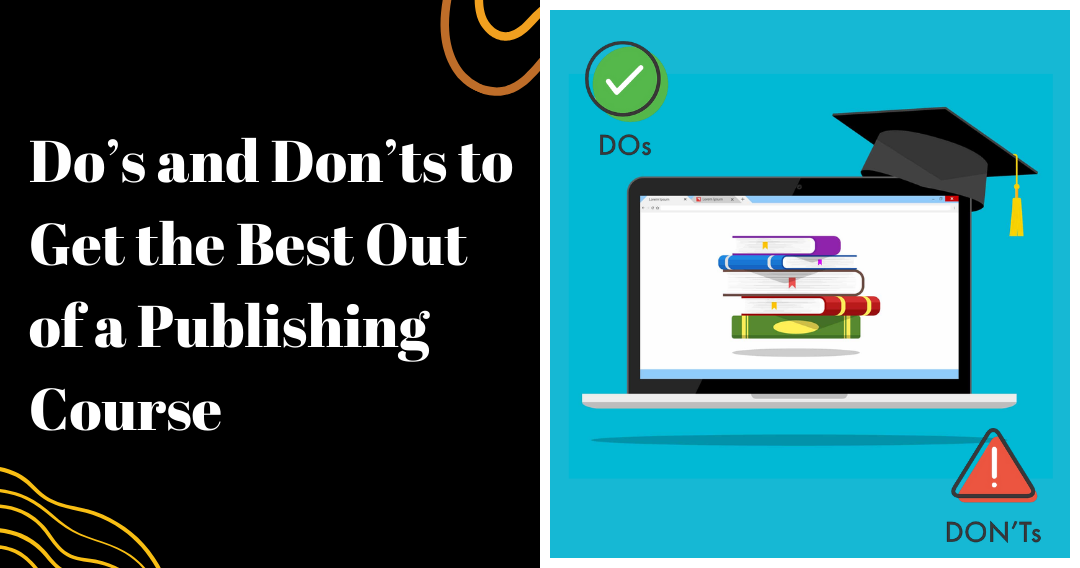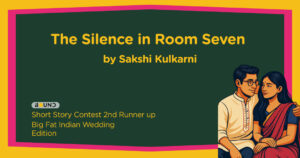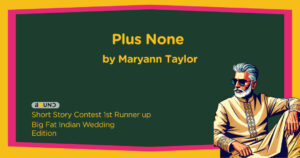The Bound Publishing Course is a one-of-a-kind opportunity to learn from industry experts and gain insider knowledge about the Indian publishing ecosystem. Whether you’re looking to explore editorial, marketing, design, or publishing rights, how you approach this course can make all the difference.
If you’re planning on taking The Bound Publishing Course (TBPC) this year, here’s a quick guide of do’s and don’ts to maximise your study hours and emerge more skilled, connected, and confident.
Do’s:
1. Attend All Live Sessions
The live sessions are where the real magic happens. These are dynamic, interactive classes led by experts who have worked with top publishing houses like HarperCollins India, Penguin Random House India, Jacaranda Literary Agency, etc. Whether it’s a Q&A with a guest speaker or a breakdown of how submissions are evaluated, showing up live allows you to ask questions in real time and build a rapport with the faculty. It also helps you stay accountable and engaged throughout the course.
2. Take a Second Specialisation (If You Can)
Many Bound students choose to pair two specialisations like Editorial and Marketing. If it’s feasible financially and time-wise, doing this will enrich your understanding of how different departments in a publishing house collaborate. It’s a smart way to maximise your learning from this publishing course in India.
3. Submit Assignments Regularly
This isn’t just a theoretical course. Our publishing certification programme includes practical assignments that simulate real publishing tasks. Submit them sincerely to receive detailed, constructive feedback that can sharpen your industry skills.
4. Engage Actively in Class
Don’t sit silently. Participate in discussions so faculty can get to know you. After a TBPC class, consider sending a thank-you email to the instructor, sharing what you learned and perhaps asking a follow-up question. Connect with them on LinkedIn to build your professional network in Indian publishing.
5. Share Your Learning on LinkedIn
Posting course takeaways, especially tagging Bound and your instructors, can help you reflect and boost your visibility. It also signals to the wider publishing community that you’re serious about a career in this space.
6. Stay Connected Post-Course
Like or comment on faculty posts occasionally, and stay in touch with your TBPC cohort. Many Bound alumni form long-lasting connections that turn into collaborations and job referrals down the line.
Don’ts:
1. Don’t Ask Faculty for Jobs
While it’s natural to be eager about employment opportunities, avoid reaching out to faculty directly, to ask if they’re hiring. Bound has a separate recruitment support process baked into the TBPC experience, which is designed to connect eligible participants with hiring partners in the industry. Instead, focus on building genuine relationships with the faculty through thoughtful engagement, this leaves a far more lasting impression and could open doors organically.
2. Don’t Keep Your Camera Off
Showing your face helps replicate a real classroom and ensures the faculty remembers you. It’s a small but effective way to make a positive impression.
3. Don’t Bombard Faculty with E-Mails
If you don’t get a response immediately, avoid sending multiple follow-ups. A single, thoughtful message is more impactful and respectful.
4. Don’t Stay Passive in Group Activities
Breakout rooms and collaborations are common in the Bound book publishing course. Participate actively; this is where many soft skills are built. And who knows? You may build great bonds with cohort members who may become your project partners for the Capstone simulation at the end of the course.
5. Don’t Be Afraid of Constructive Criticism
The feedback you receive is meant to propel your work to meet industry standards, and help you sustainably grow into a career in publishing. Embrace it; it’s one of the biggest assets this publishing course offers.
6. Don’t Compare Yourself to Others in the Cohort
TBPC is open to all—those who are already in publishing, and those who aspire to enter the industry. If you’re new to this ecosystem, try not to measure your success in the course against other participants. The course supports all levels of learners—from beginners to professionals, and it’s about what you can learn and implement, not what others may already know or not know
Whether you’re eyeing a career in traditional publishing, or seeking a niche in digital or magazine content, Bound’s Publishing Course in India can give you the foundation you need. Use this time wisely, and it might just open the door to your future in books.








